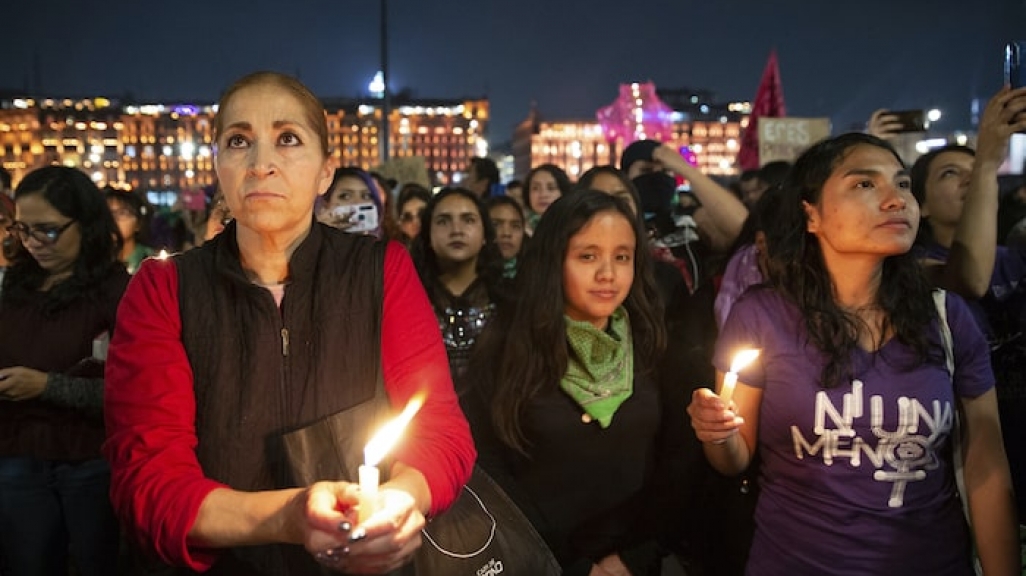LatAm in Focus: Mexico's Fight against Femicide Reaches a Boiling Point
LatAm in Focus: Mexico's Fight against Femicide Reaches a Boiling Point
By
Carin Zissis
EQUIS’ Ana Pecova explains why Mexico’s laws fall short when it comes to stemming violence against women and how to turn the tide.
“Each one of those cases, if institutions had acted, could have been prevented.”








